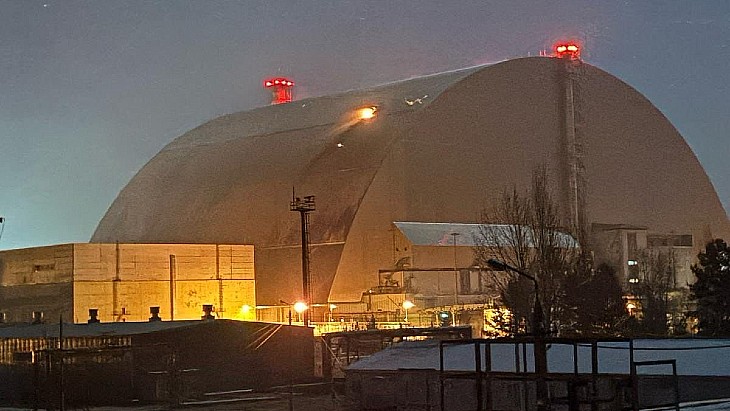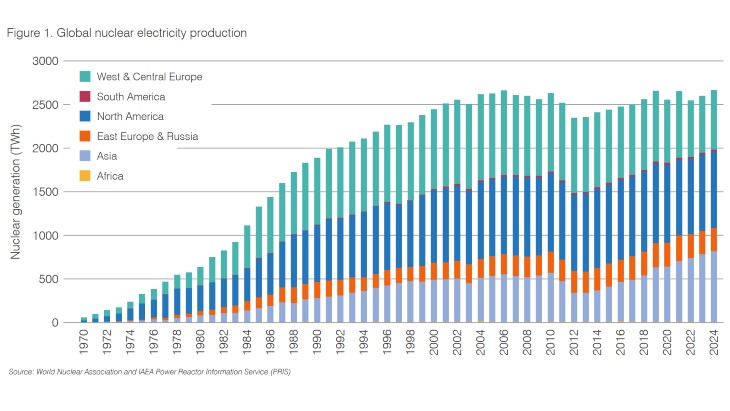Although Swedish reactor operating licences are not time limited, consent to operate is subject to a periodic safety review submitted to SSM every 10 years.
Forsmark 1 is a 984 MWe (net) boiling water reactor (BWR) that began commercial operation in 1980. Forsmark 2 - an 1120 MWe BWR - entered commercial operation the following year. Vattenfall AB holds a 66% stake in the three BWR units at Forsmark.
Operator Forsmarks Kraftgrupp AB (FKA) submitted comprehensive safety assessments for Forsmark 1 and 2 in April 2018. SSM has since examined the assessments to determine whether the requirements of the Nuclear Activities Act for overall assessment are met and to take a position on FKA's ability to maintain and increase radiation safety to the next comprehensive assessment.
"Since Forsmark 1 and 2 will have passed 40 years of operation at the next comprehensive assessment, this means that the Swedish Radiation Safety Authority has in its examination also taken a position on FKA's conditions for operation in addition to the operating time that was planned when the reactors were put into operation," the regulator said.
In its report, SSM says that FKA, for most of the 17 areas included in the overall assessment, described in a good way how they operate. The regulator also believes that FKA has done a good analysis of the challenges that exist to ensure long-term and short-term competence and that it has identified relevant measures to ensure competence and staffing. There is also an appropriate aging management programme in place, SSM said.
"Unfortunately, we lack in-depth analysis in several areas," said SSM inspector Karin Liljequist. "A renewed valuation of the business and the facility is a central part of an overall assessment, and in several cases it has been difficult in FKA's report to find both the renewed valuation and the underlying analysis.
"Our review of the time-dependent analyses shows that FKA has not completed its analysis work and we also lack a substantiated position from FKA regarding the timeliness of the safety assessments," said Liljequist.
SSM concluded FKA's safety assessment therefore "partially fulfils the requirements of the Nuclear Activities Act". The regulator said FKA "has the prerequisites to maintain and improve the radiation safety to the next periodic overall assessment, provided that they handle the deficiencies the authority identified in its review".
Last week, an International Atomic Energy Agency (IAEA) team of experts completed a review of long-term operational safety at Forsmark 1 and 2. The team assessed the plant's preparedness, organisation and programmes related to long-term operation (LTO) against IAEA safety standards. The team identified good practices and good performances that will be shared with the nuclear industry globally. It also provided recommendations for further enhancing preparations for LTO safety.

.jpg)











